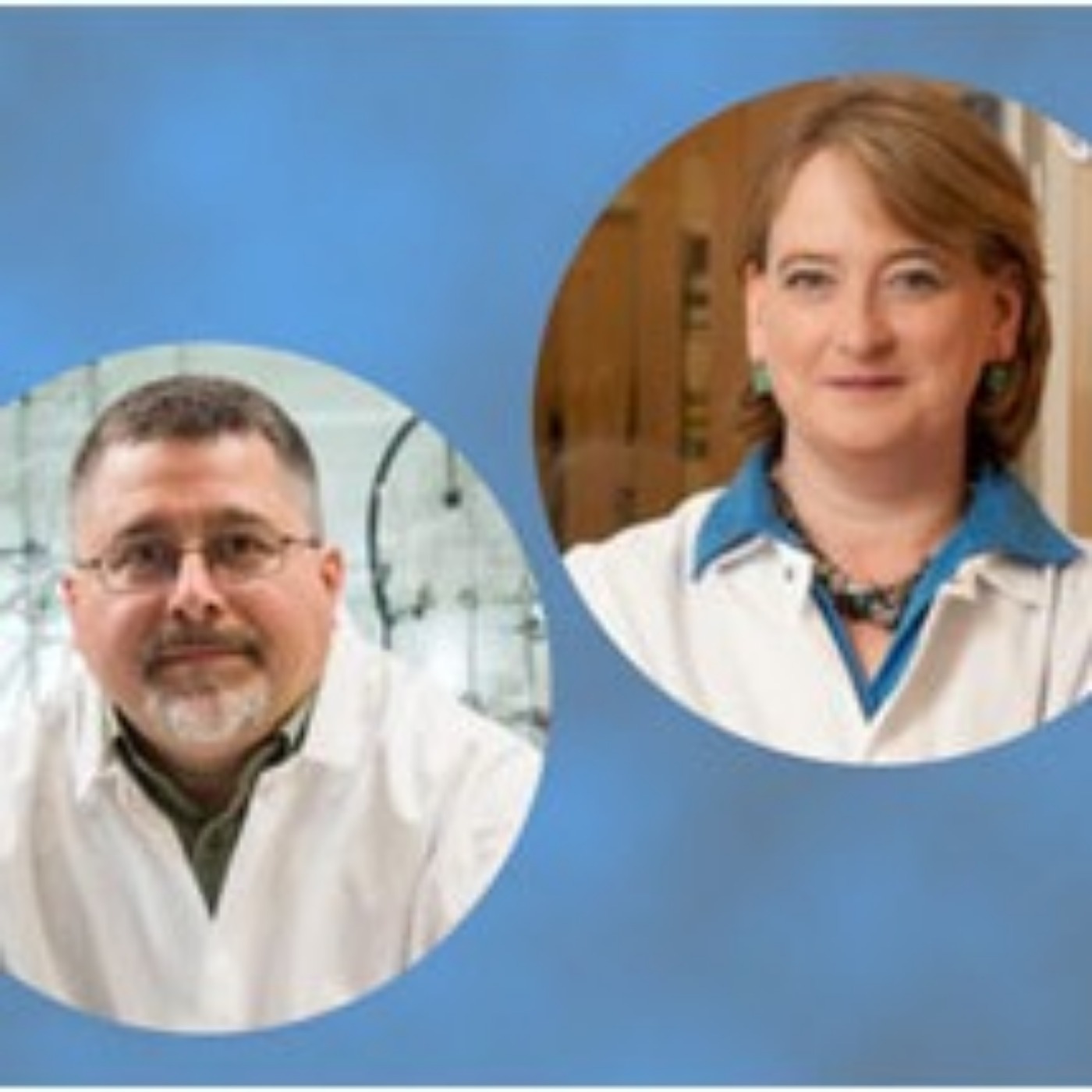- Health
- SEE MORE
- classical
- general
- talk
- News
- Family
- Bürgerfunk
- pop
- Islam
- soul
- jazz
- Comedy
- humor
- wissenschaft
- opera
- baroque
- gesellschaft
- theater
- Local
- alternative
- electro
- rock
- rap
- lifestyle
- Music
- como
- RNE
- ballads
- greek
- Buddhism
- deportes
- christian
- Technology
- piano
- djs
- Dance
- dutch
- flamenco
- social
- hope
- christian rock
- academia
- afrique
- Business
- musique
- ελληνική-μουσική
- religion
- World radio
- Zarzuela
- travel
- World
- NFL
- media
- Art
- public
- Sports
- Gospel
- st.
- baptist
- Leisure
- Kids & Family
- musical
- club
- Culture
- Health & Fitness
- True Crime
- Fiction
- children
- Society & Culture
- TV & Film
- gold
- kunst
- música
- gay
- Natural
- a
- francais
- bach
- economics
- kultur
- evangelical
- tech
- Opinion
- Government
- gaming
- College
- technik
- History
- Jesus
- radio
- movies
- services
- Church
- podcast
- Education
- international
- Transportation
- Other
- kids
- podcasts
- philadelphia
- Noticias
- love
- sport
- Salud
- film
- and
- 4chan
- Disco
- Stories
- fashion
- Arts
- interviews
- hardstyle
- entertainment
- humour
- medieval
- literature
- alma
- Cultura
- video
- TV
- Science
- en
Combating Antimicrobial Resistance with the Product of Millions of Years of EvolutionMonique van Hoek & Barney BishopAntimicrobial Discovery Research

b'
Bacteriologist, Monique van Hoek, and peptide chemist, Barney Bishop, have been collaborating since 2009 in the effort to find new and effective sources of antimicrobial peptides\\u2014molecules that are produced naturally in the body and allow for strong innate immunity. They\\u2019re looking in a place not many others are: in the blood of Komodo dragons. Bishop explains that reptiles have robust immune systems that rely on innate immunity as the first line of defense much more so than mammals, which is how an alligator can survive the loss of a limb with minimal incidence of infection and without any medical intervention. And when it comes to Komodo dragons, the fact that they can regularly consume decaying corpses and remain unaffected by the high presence of bacteria in their saliva is a testament to the strength of their immune systems.
Guided by an interest in the diversity of peptides that have evolved over millions of years to defend animals against infection, Hoek and Bishop have centered their focus on the peptides found in the blood of Komodo dragons. After surveying hundreds of peptides and testing them against a variety of bacteria, the duo has found a peptide that has antibacterial, anti-biofilm, and wound healing properties. They\\u2019ve tweaked the peptide just slightly for added stability, and can now synthesize huge quantities without any additional blood from Komodo dragons.
Interested in learning more? Hoek and Bishop offer an exciting and intriguing discussion on all the science behind this research, the potential it holds, and what\\u2019s to come in the near future. For more information, visit\\xa0adr.gmu.edu.\\xa0\\xa0
'